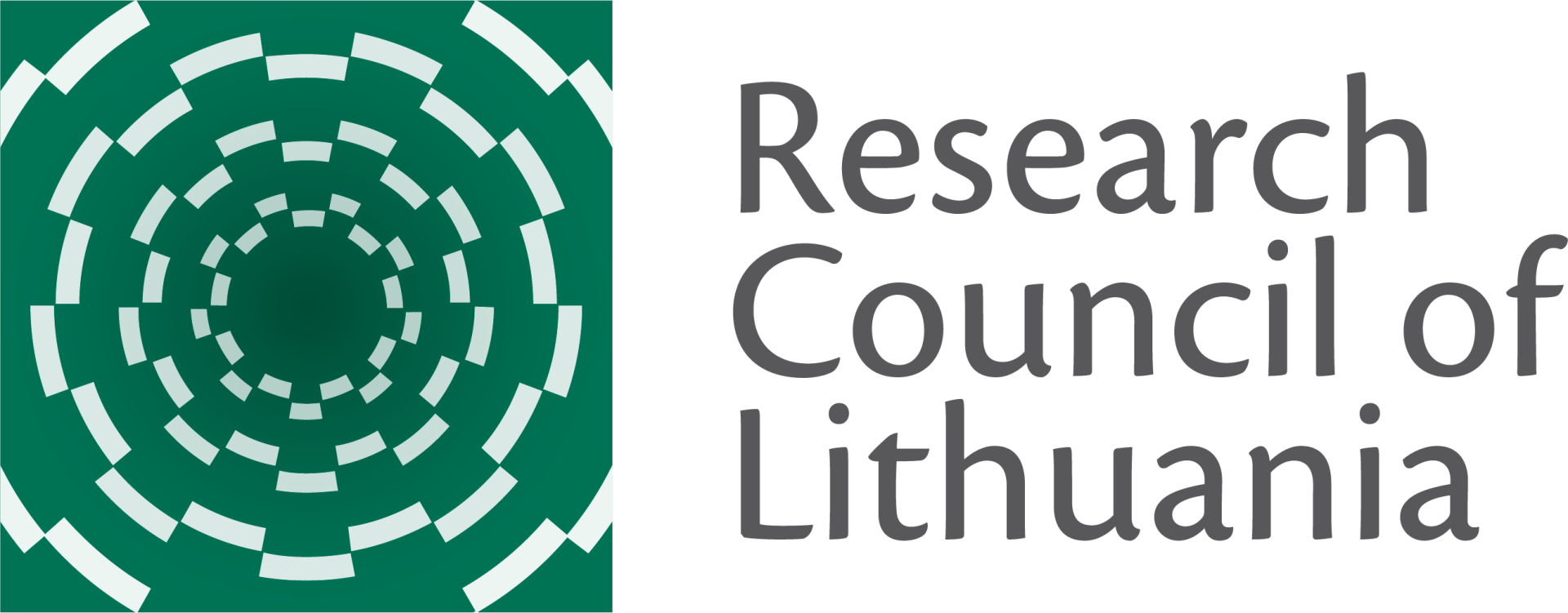Project idea
This research project aims to trace the genealogy and analyze the patterns of political homophobia in post-Soviet Lithuania. Political homophobia is defined here as a deliberate strategy in pursuing power through homophobic rhetoric and policy suggestions, especially when expressed by politicians, parties, political movements or lobbyists, and is contrasted to homophobia understood as an expression of personal views. Although typically characteristic of right-wing populism, in Lithuania anti-LGBT rhetoric has been employed also by the center-right and center-left political actors, including those with a clearly pro-Western orientation. This has contributed to the country’s lack of progress in ensuring basic civil and social rights of LGBT people and has received criticism from the European Union institutions and the European Court of Human Rights. While homophobic views in Lithuania are often understood as a result of the Soviet past, research in this area is still lacking, and the discursive and institutional legacy has not been properly historically examined yet. In a similar vein, while anti-LGBT rhetoric and policy in Lithuania over the last two decades echoes some of the transnational processes, which have been given umbrella name “anti-gender mobilization”, there has not been a systematic analysis of this phenomenon either. The proposed research project will firstly fill the empirical research gap by focusing on the case of Lithuania and secondly, will significantly contribute to the conceptual understanding of political homophobia: by analyzing it as a variation of a universal populist strategy of mobilization through scapegoating, but also as a discourse, uniquely situated in a particular historical and geopolitical location.








